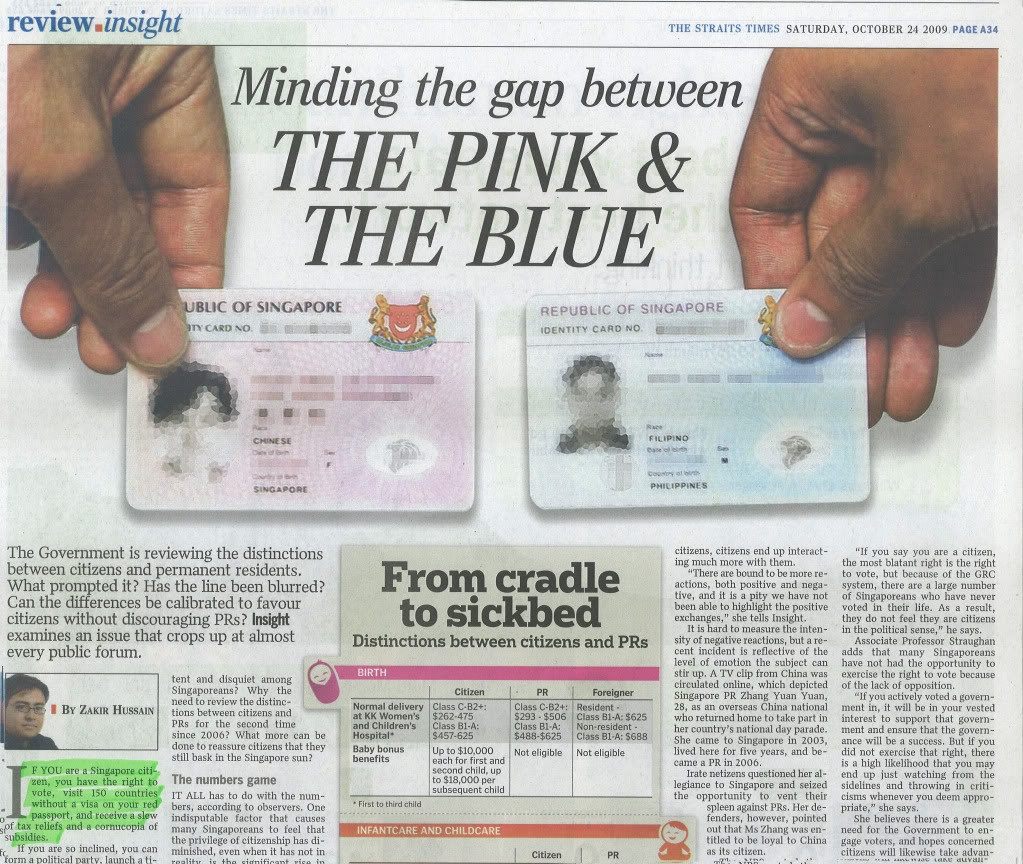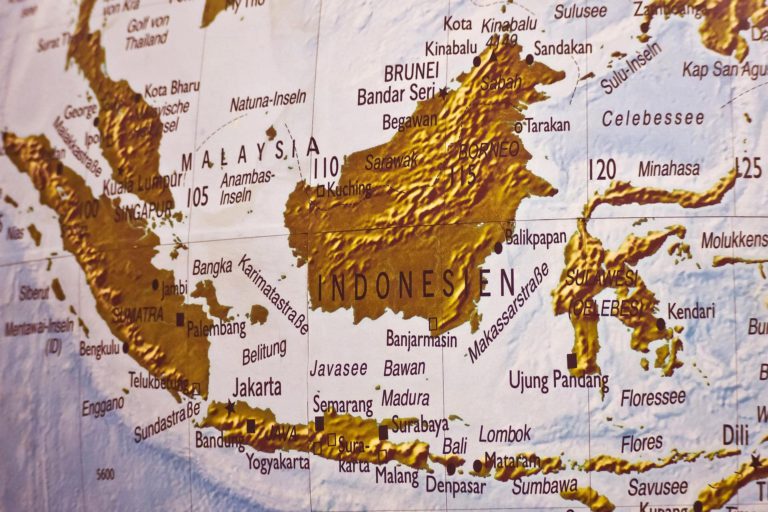How Can I Gain A Singaporean Permanent Residency?
Today, there are a lot of foreigners applying for Singapore Permanent Residency (PR) while the quota (not revealed to public) is limited, in keeping with the Government’s requirements. As such, there are a lot of rejection as most of these applicants are trying to do so on their own without professional assistance.
With professional assistance, it will greatly help your case in order to present to ICA the strongest case for you and the best foot forward in getting your application approved. However, no consultants or law firms can guarantee success as the final decision is made by the Government and as aforementioned, no external parties are privy to the exact needs at that precise moment.
The first step moving forward is to arrange for a complimentary consultation session with our immigration specialists to discuss your case. During this session, we will conduct an assessment on your profile to gauge your chances for PR approval. Thereafter, we will advise you according to your profile, with a customized approach on how to further strengthen your application to stand an even higher chance of approval. The assessment will cover, but not limited to the following points:
- Age barrier
- Duration of stay in Singapore – length of physical stay
- Educational Background
- Marital status
- Industry of work
- Current company and designation
- Income and Contributions
- Kinship and family ties in Singapore, if any
- Special commendations, if any
- Talent, if any
- Many other key attributes
The above are to be accessed holistically as a whole, relative to each other, rather than just focusing on a single component i.e., Income and Contributions.







